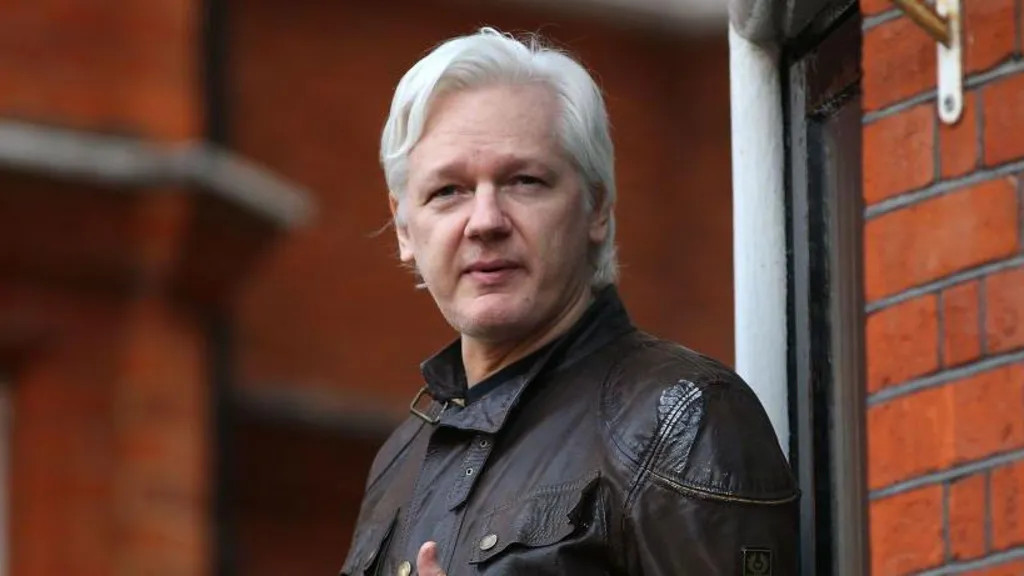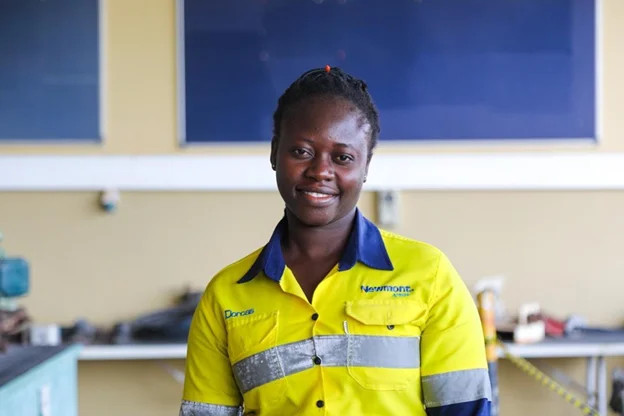Julian Assange has secured his release from prison on bail and will return to Australia after striking a plea deal with the US government over his WikiLeaks disclosures.
Court documents filed in the US District Court for the Northern Mariana Islands on Monday revealed that Assange will plead guilty to a single felony charge in exchange for immediate release. The US Justice Department has agreed to drop 18 espionage charges, instead charging him only with conspiracy to obtain and disclose national defense information.
Assange’s sentence will be 62 months, with the five years he has already spent in the UK’s HMP Belmarsh counting towards this period. The deal requires approval from a federal judge before taking effect.
Assange left Belmarsh on Monday and boarded a flight at Stansted Airport to leave the UK, according to WikiLeaks. He is scheduled to appear in a US federal court in Saipan on Wednesday. After the hearing, he will return to Australia, as per the WikiLeaks statement.
The group credited a global campaign for creating the space for negotiations with the US Department of Justice, leading to the deal. Christine Assange, his mother, expressed gratitude for the end of her son’s ordeal, emphasizing the power of quiet diplomacy.
John Shipton, Assange’s father, thanked his son’s supporters in Australia, including Prime Minister Anthony Albanese. Stella Assange, his wife and lawyer, celebrated the announcement, expressing confidence that her husband’s period of incarceration has ended.
The decision to release Assange follows years of international wrangling. In 2018, the US brought 18 charges against Assange for releasing classified military documents. He was accused of working with Chelsea Manning to obtain and release papers related to the wars in Iraq and Afghanistan.
Assange lived in the Ecuadorian Embassy in London for seven years to avoid extradition to Sweden over sexual assault allegations, fearing he would be sent to the US. He was arrested in April 2019 and sent to HMP Belmarsh, where his extradition was delayed by legal challenges.
In April, the Biden administration provided assurances that Assange would not face the death penalty if tried in the US. Recently, the US Justice Department expressed reluctance to pursue espionage charges against Assange. Both Albanese and the Australian parliament urged Biden to construct a plea deal allowing Assange’s return home.








![I would do it again: Janusz Waluś on killing Chris Hani and Derby-Lewis alleged meeting with Zuma [VIDEO]](https://i0.wp.com/media.citizen.co.za/wp-content/uploads/2025/01/Janusz-Walus.jpg?w=1200&resize=1200,0)

